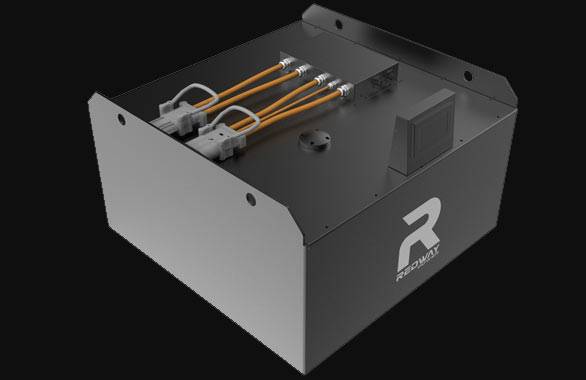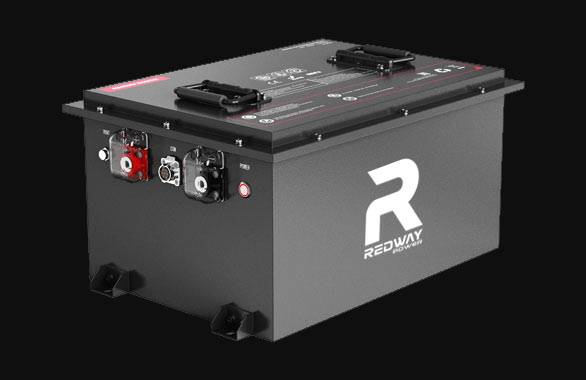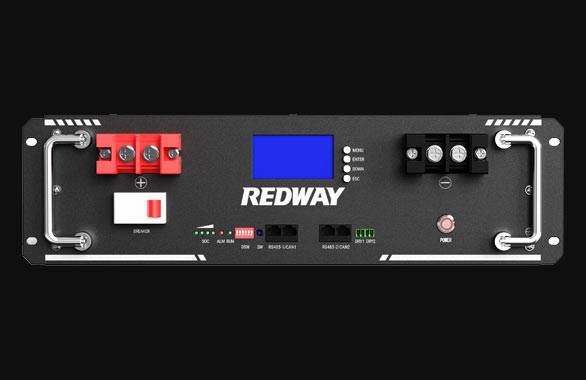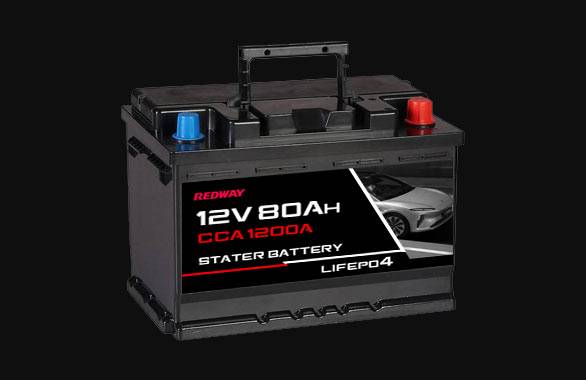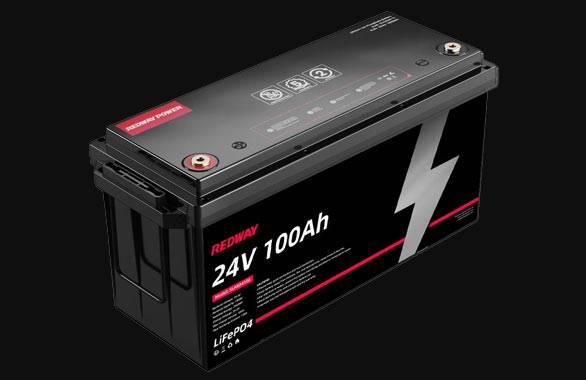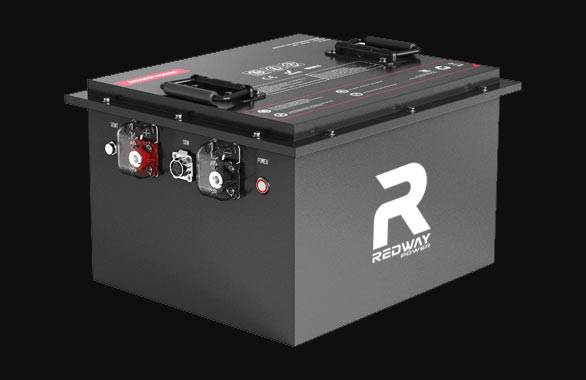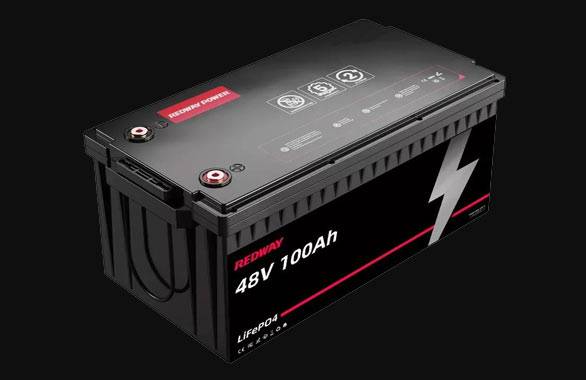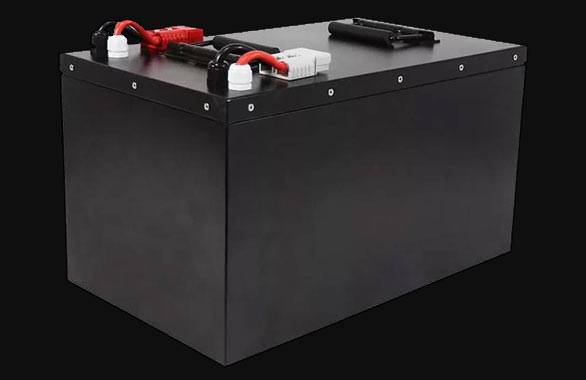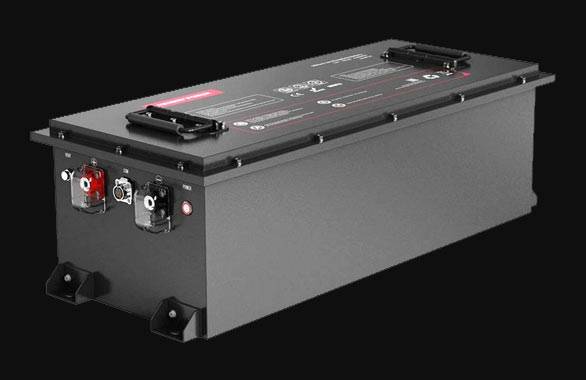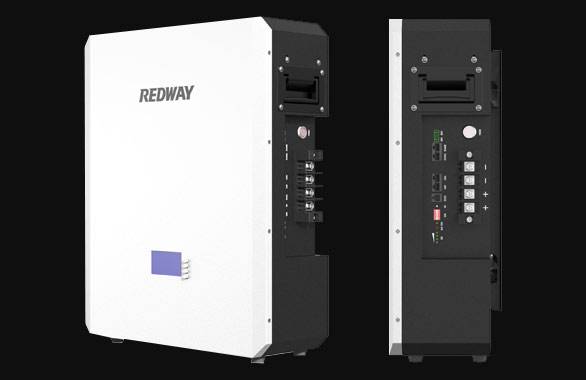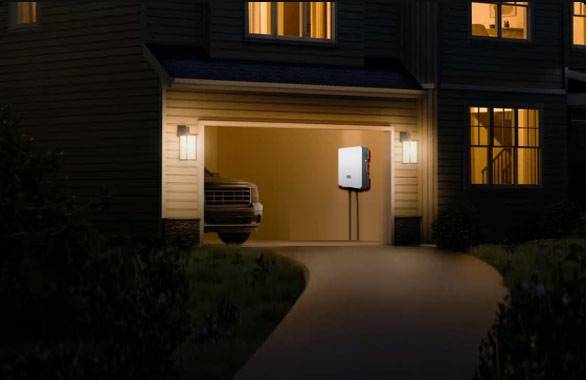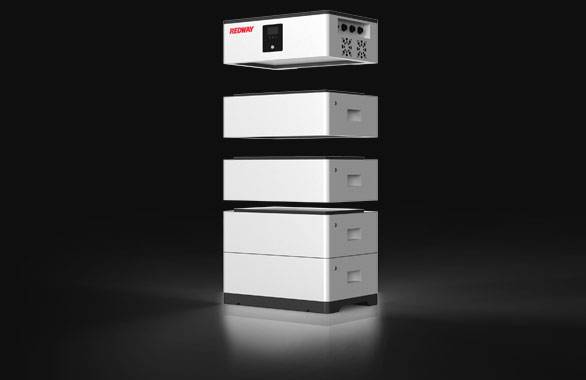- Forklift Lithium Battery
- Golf Cart Lithium Battery
- Rack-mounted Lithium Battery
51.2V 100Ah Rackmount LiFePO4 Battery
8000 times (80% DOD 0.5C)
Optional SNMP for TELECOM - Car Starter Battery
- 12V LiFePO4 Battery
12V 150Ah Lithium RV Battery
Bluetooth App | Self-heating
LiFePO4 | Group 31
UL 1642 | IEC 62619 - 24V LiFePO4 Battery
- 36V LiFePO4 Battery
- 48V LiFePO4 Battery
- 60V LiFePO4 Battery
60V 100Ah Lithium Battery (AGV, AMR, LGV)
Peak Discharge Current 400A
500 x 298 x 349 mm - 72V~96V LiFePO4 Battery
72V 100Ah Lithium Golf Cart Battery
Peak Discharge Current 315A (10S)
740 × 320 × 246 mm - Wall-mounted Lithium Battery
51.2V 100Ah 5kWh
Wall-mounted Battery532 x 425 x 170 mm / LiFePO4
>8000 Cycles (80% DOD 0.5C)
RS485 / CAN-bus
for Solar Home ESS - Home-ESS All-in-One
51.2V 32kWh
All-in-On HESS SystemPowerAll
51.2V / LiFePO4
>8000 Cycles (80% DOD 0.5C)
RS485 / CAN-bus / WiFi
All-in-One for Home ESS
How Can You Extend the Lifespan of a 12V 100Ah Battery Through Proper Care?

To extend the lifespan of a 12V 100Ah lithium battery, we recommend the following practices: 1. Regularly monitor charge levels to prevent deep discharging. 2. Use a compatible charger to avoid overcharging. 3. Maintain optimal temperature during storage and operation. 4. Perform periodic maintenance checks to ensure connections are clean and secure. These steps can significantly enhance battery longevity.
Understanding Lithium Battery Lifespan
Lithium batteries, particularly the 12V 100Ah variety, are known for their reliability and efficiency. However, their lifespan can be affected by various factors, including charging habits, environmental conditions, and maintenance practices. By following best practices, users can maximize the performance and longevity of their batteries.
Key Practices to Extend Battery Lifespan
- Regular Monitoring of Charge Levels
- Keeping an eye on charge levels is crucial to prevent deep discharges that can damage the battery.
- Aim to recharge when the battery reaches about 20% capacity.
Charge Level Action Required Below 20% Recharge immediately 20% – 50% Monitor closely Above 50% Good condition - Using a Compatible Charger
- Always utilize a charger specifically designed for lithium batteries to prevent overcharging.
- Overcharging can lead to overheating and reduced battery life.
Charger Type Suitability Lithium Charger Highly suitable Standard Lead-Acid Not suitable - Maintaining Optimal Temperature
- Store and operate batteries in environments with temperatures between 32°F (0°C) and 77°F (25°C).
- Extreme temperatures can affect battery chemistry and performance.
Temperature Range Effect on Battery Below 32°F (0°C) Reduced performance 32°F – 77°F (0°C – 25°C) Optimal performance Above 77°F (25°C) Risk of damage - Periodic Maintenance Checks
- Inspect connections regularly for corrosion or looseness.
- Clean terminals with a mixture of baking soda and water if corrosion is present.
Maintenance Action Frequency Inspect connections Monthly Clean terminals As needed
Latest News
- Recent advancements in lithium battery technology have led to improved charging efficiency and lifespan.
- New regulations encourage manufacturers to adopt safer battery management systems.
- Research indicates that proper maintenance can extend the lifespan of lithium batteries by up to 30%.
Redway Expert Comment
As experts in Lithium LiFePO4 batteries at Redway Power, we emphasize the importance of proper care for extending battery life. By monitoring charge levels, using compatible chargers, and maintaining optimal temperatures, users can significantly enhance the longevity of their batteries. Our commitment is to provide high-quality solutions that meet diverse energy needs while ensuring safety and reliability.”
To extend the lifespan of a 12V 100Ah battery, maintain optimal charge levels by avoiding deep discharges. Regularly clean terminals to prevent corrosion and ensure good connections. Store the battery in a cool, dry place, and use a smart charger to prevent overcharging. Periodic equalization charges can also help balance cell voltages.
Relation to Redway Power Products
At Redway Power, we manufacture a variety of energy solutions that complement lithium battery applications, including our Lead-acid Replacement Batteries. These products are designed for users transitioning from traditional lead-acid systems to more advanced lithium technologies, ensuring enhanced performance and reliability.For clients seeking robust energy solutions, we recommend our Portable Power Station, which offers versatility and safety features tailored for various applications.
Top Competitors in Lithium Battery Solutions
Here are six notable alternatives in the lithium battery market:
| Company Name | Product Type |
|---|---|
| Redway Power | Lithium LiFePO4 Batteries |
| A123 Systems | Lithium Iron Phosphate Batteries |
| LG Chem | Lithium-ion Batteries |
| Panasonic | Lithium-ion Batteries |
| Samsung SDI | Lithium-ion Batteries |
| BYD | Lithium Iron Phosphate Batteries |
In conclusion, implementing these best practices is crucial for maximizing the lifespan of your 12V 100Ah lithium battery. By adhering to these guidelines, users can ensure reliable performance while enjoying the benefits of advanced energy solutions tailored to their needs.
FAQs
How to make a 12V battery last longer?
To extend a 12V battery’s life, avoid deep discharges, charge it regularly with a SMART charger, store it in a cool, dry place, and ensure it isn’t exposed to extreme temperatures. Regular maintenance helps prevent sulfation and capacity loss.
How do I keep my 12V battery healthy?
To maintain a healthy 12V battery, avoid deep discharges, use a proper charger, clean the terminals, and periodically test its voltage. Regular charging and storing it away from extreme temperatures also help preserve its health.
How many hours will a 12V 100Ah battery last?
A 12V 100Ah battery can last up to 10 hours with a 10A load (100Ah ÷ 10A = 10 hours). However, runtime varies based on efficiency, temperature, and discharge rate, potentially shortening under higher loads or extreme conditions.
How can you prolong the life cycle of a battery?
To extend battery life, charge it consistently, avoid deep discharges, store it properly, keep terminals clean, and use a SMART charger that prevents overcharging. Minimizing exposure to high temperatures also slows degradation.
Why do lithium batteries offer longer runtimes compared to lead-acid batteries?
Lithium batteries have a higher energy density, meaning they store more energy in a smaller size, and they deliver consistent power over a wider range of states of charge, which results in longer runtimes and greater efficiency than lead-acid batteries.
What are the differences between 12V 100Ah lithium and lead-acid batteries?
Lithium batteries are lighter, have a higher energy density, and can discharge deeper without damage, allowing more usable capacity. Lead-acid batteries are heavier, have a shorter lifespan, and require regular maintenance, while lithium batteries are maintenance-free and more efficient.
How many charging/discharging cycles can a 12V 100Ah battery withstand?
Lithium 12V 100Ah batteries typically last 2,000–5,000 cycles, while lead-acid batteries average 300–500 cycles. The exact lifespan depends on discharge depth, charging habits, and environmental factors.


